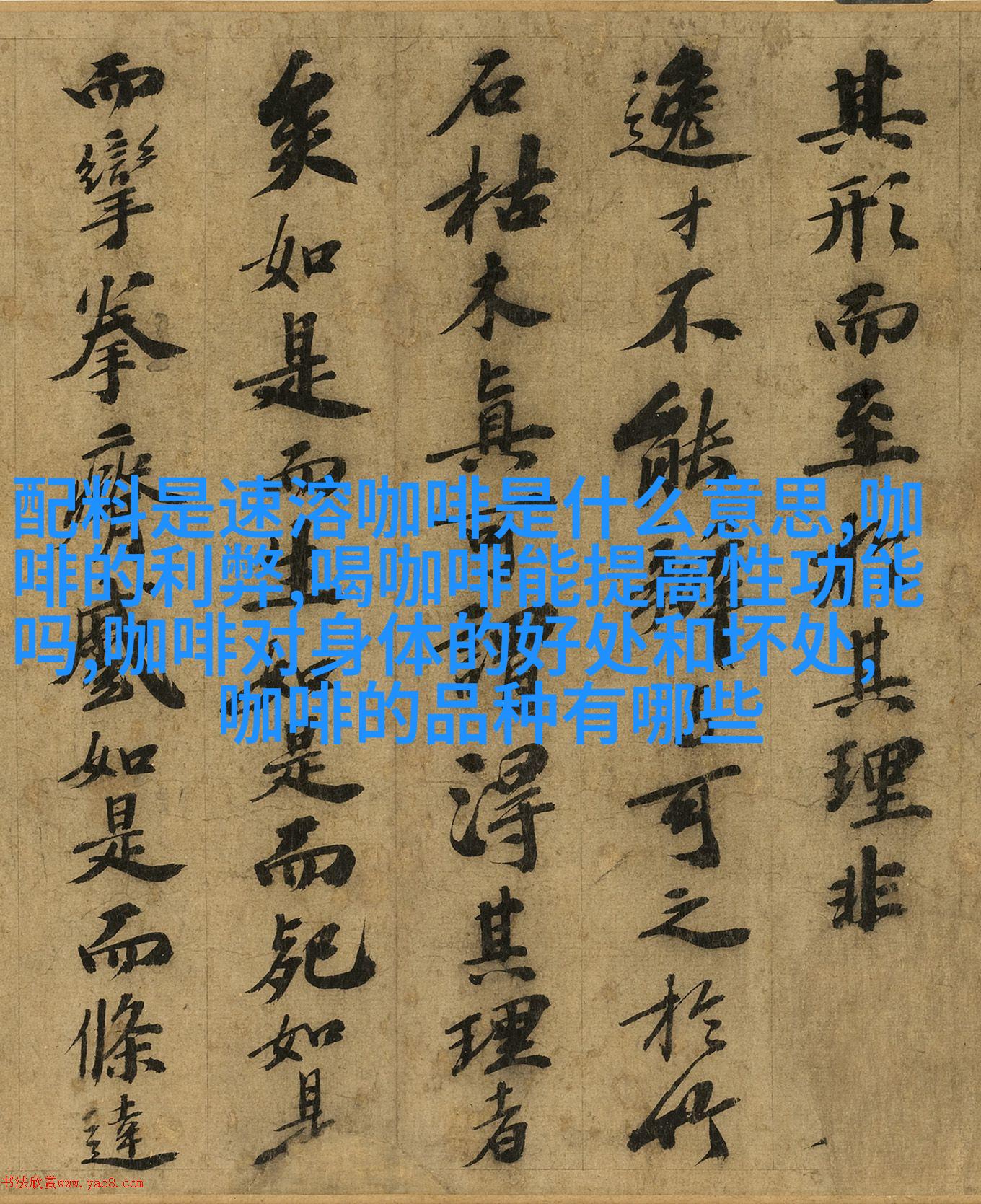首页 - 速溶咖啡 - 茶与咖啡的对比两种世界上最受欢迎的饮品之间的差异
Origin and History

The history of tea dates back to ancient China, with records of its consumption dating as far back as the Shang Dynasty (16th to 11th centuries BC). Tea was initially consumed for its medicinal properties before becoming a popular beverage among the Chinese nobility. On the other hand, coffee originated in Ethiopia around the 9th century AD. Legend has it that a goatherd named Kaldi discovered coffee when he noticed his goats became more energetic after eating red coffee cherries.
Cultivation and Production

Tea plants are grown primarily in Asia, with China being the world's largest producer and consumer of tea. There are six main varieties of tea: black, green, white, oolong, yellow, and pu-erh. The processing methods vary greatly between these types but generally involve steps such as withering, rolling, oxidation (for some types), and firing or drying.
Coffee beans are grown in various regions around the world known for their suitable climates – mainly tropical countries near the equator like Brazil, Colombia, Ethiopia and Kenya. Coffee is harvested from two main species: Arabica (70% of global production) which is considered superior due to its mild flavor while Robusta is used mainly for instant coffee due to higher yields but bitter taste.

Flavor Profile

Black tea tends to have a robust flavor profile often described as rich or strong while green tea typically offers lighter flavors like grassy or vegetal notes depending on how it's processed - Japanese sencha can be quite delicate while Gunpowder can be more robust.
Coffee also boasts diverse flavors ranging from fruity notes like berries or citrus fruits in certain Ethiopian coffees to chocolate-like undertones found in many South American ones; however most people associate it with an energizing kick due to caffeine content which varies by roast level - light roasts containing less caffeine than darker roasted beans.
Health Benefits
Both beverages offer health benefits although they differ slightly:

For instance studies suggest moderate drinking may lower risk for heart disease by improving blood vessel function while antioxidants present might help protect against cancer cells' growth; however excessive intake could lead negative effects such as high blood pressure because caffeine increases heart rate
Similarly both contain antioxidants that could fight off free radicals contributing towards aging process but research shows moderate consumption may improve cognitive functions through stimulating neural activity yet high doses would cause anxiety insomnia
5.The Cultural Significance
In many Eastern cultures especially Japan where matcha becomes an integral part at traditional ceremonies serving green tea emphasizes mindfulness harmony between host guest emphasizing respect tradition – sipping steaming hot cuppa brings momentary peace away from daily chaos
Café culture on other hand emerged primarily within Western societies particularly Europe North America offering social spaces where friends meet strangers alike over cups filled steaming hot liquid sharing stories laughter experiences creating memories lasting beyond just one sip
- 上一篇:咖啡拉花艺术揭秘8大神秘技巧
- 下一篇:深度洞察心理学案例分析中的情感机制与行为模式
猜你喜欢
- 2025-04-30持仓报告ICE咖啡期货震荡波动当日盈亏与持仓盈亏对不上2021年8月3日数据解读
- 2025-04-30商业研究新潮流从数据到洞察打造笑傲商海的决策先锋
- 2025-04-30北京咖啡厅强制消费引发公愤顾客不满遭遇意外账单
- 2025-04-30企业的生存与发展之道深入剖析经营模式的内涵与实践
- 2025-04-30持仓变奏美国欧洲ICE咖啡期货基金的舞台布局2022年3月1日
- 2025-04-30app商业模式设计如何让用户爱不释手
- 2025-04-30行业分析报告网我是如何用一篇文章揭开市场秘密的
- 2025-04-30货源链条的精妙一手货源如何打造供应链效率
- 2025-04-30吉林森林之冠吉林省的珍贵特产
- 2025-04-30主题我到底应该如何理解这玩意儿叫ERP系统

